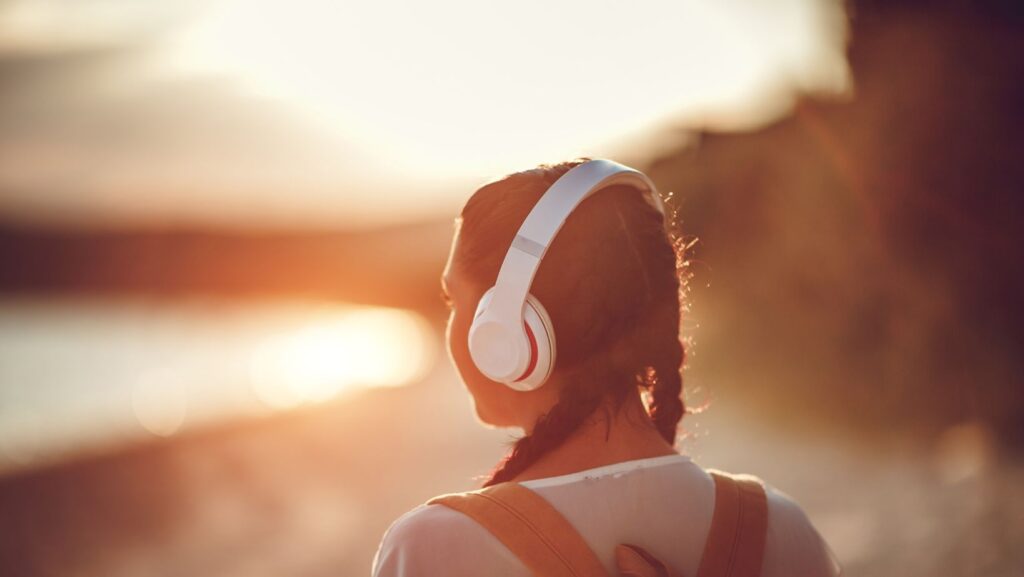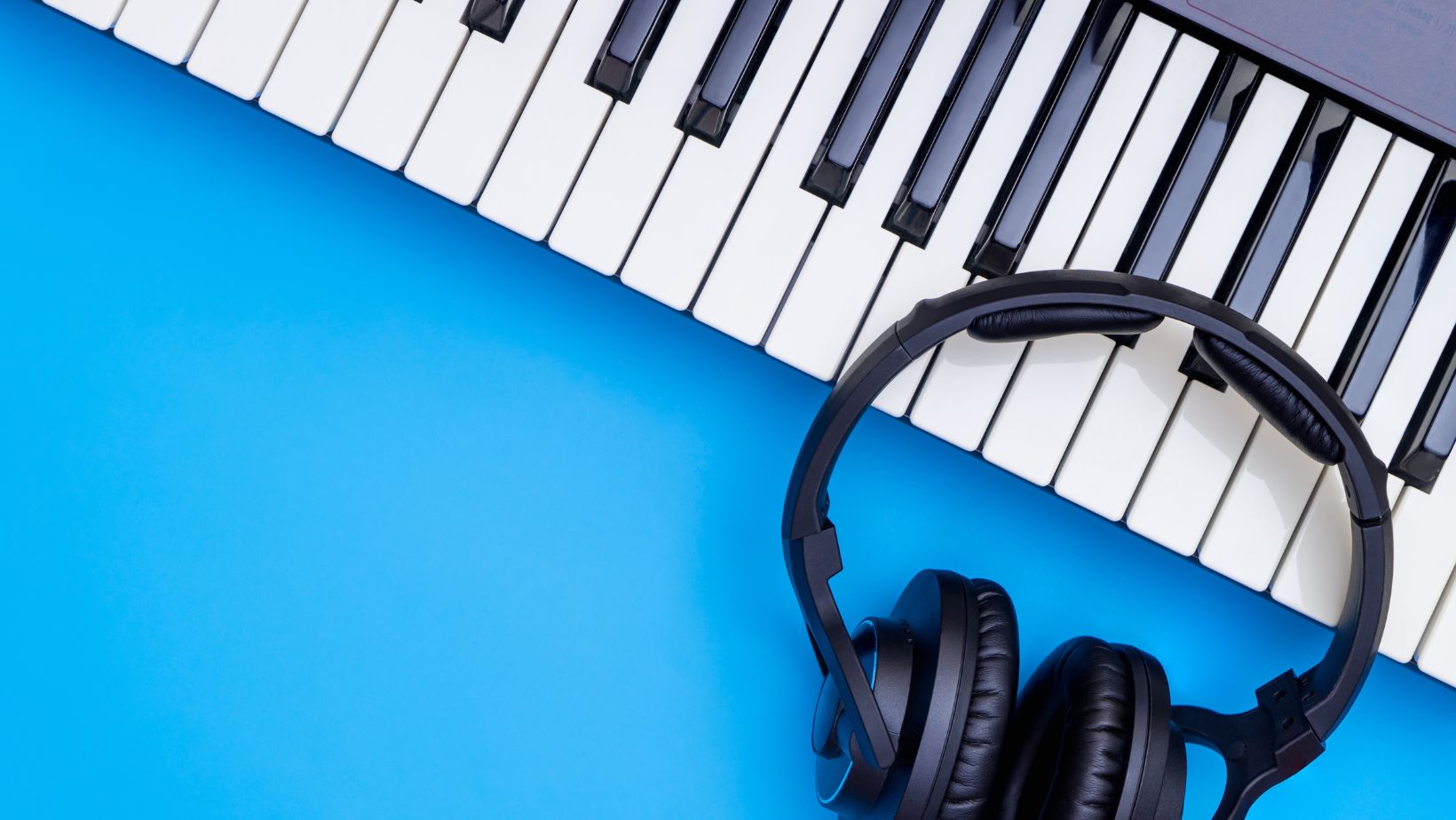More than just sound, music is an essential part of the human experience that permeates memory, emotion, and culture. From the intricate symphonies of contemporary orchestras to the rhythmic beating of ancient drums, music functions as a universal language that can express emotions and stories that words frequently cannot. Its lasting influence comes from its profound capacity to connect, educate, and heal in addition to its ability to entertain.
Deeply ingrained in neuroscience is the influence of music. Our brains release dopamine, a neurotransmitter linked to pleasure and reward, when we play or listen to music. This clarifies why music can be a potent emotional regulator that aids in the management of chronic pain, stress, and anxiety. According to studies, actively participating in music, such as learning an instrument, can improve cognitive function, memory, and spatial reasoning abilities by increasing connectivity between the two hemispheres of the brain. These advantages go far beyond the practice space.
The advantages are readily available to those who are thinking about learning an instrument. Play provides a special fusion of emotional expression and intellectual challenge. It rewards the student with a measurable skill and a profound sense of accomplishment, but it also requires discipline, patience, and coordination. The path of musical education is incredibly rewarding, regardless of your goal: to become proficient in the complex fingerwork of a guitar solo or to serve as the solid, strong foundation of a rock band.
Consider the drums, which serve as any ensemble’s rhythmic foundation. The intense activity of learning percussion fosters remarkable timing, coordination, and physical endurance. Although learning various time signatures, dynamic control, and polyrhythms is extremely difficult, the satisfaction of being able to command a beat is thrilling. The obvious first step for anyone who is serious about developing a groove is to look for professional drum classes near me. This will allow them to find a teacher who can teach them the technical basics, from proper grip and posture to advanced rudiments and sight-reading techniques.
But the importance of music transcends personal ability. Music unites communities as a cultural force. Every significant ceremony, including weddings, protests, funerals, and celebrations, revolves around it. With folk songs preserving generations’ worth of tales, knowledge, and communal identity, it functions as a historical repository. From jazz’s improvised style to gospel’s collective chorus, music places a strong emphasis on collaboration, listening, and a common goal.

Spending time with music, whether through active creation or attentive listening, offers a necessary anchor in a world where digital distractions are taking over. This type of mindful engagement compels the participant to be in the here and now. Music is still an essential art form, whether you’re listening to a calming tune to decompress after a long day or working with other musicians to create a new sound. It is the pinnacle of artistic expression, constantly pushing us to think more clearly, feel more deeply, and live in harmony.

